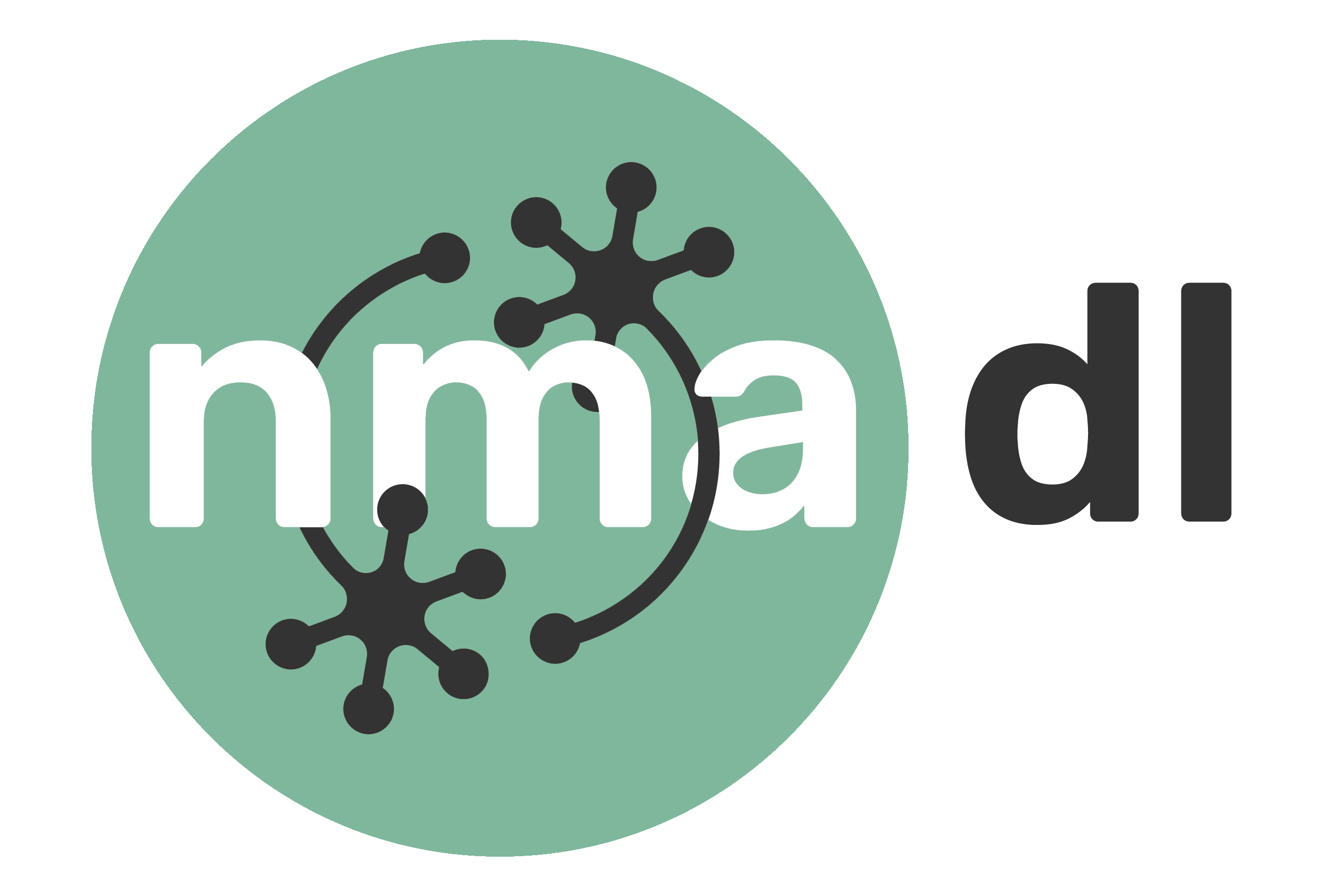Introduction to projects
Contents
Introduction to projects¶
Project Structure¶
The definitive guide to project schedule and structure is in the Daily Guide to Projects, but we include some overview information here.
The NMA projects are conducted over 14 days: all of the course days except the final day. The projects are a core part of the summer school, and will teach different skills from those you learn during the course work.
Pods are organized around common interests in:
neuroscience
computer vision
natural language processing (advanced)
reinforcement learning (advanced)
Each pod will split into two groups alphabetically: sort the pod based on the first letter of the first name, and then assign the first half of the students to group 1 and the second to group 2.
Note that reinforcement learning is an advanced topic at NMA, taught in week 3 just before the end. Also, NLP uses concepts from week 2, like recurrent neural networks and transformers. We also provide fewer project templates for these topics.
For groups working on neuroscience projects, we have many curated datasets and materials available from the comp-neuro course (here).
In the first week, you will lay the foundation for your projects by finding an interesting question to ask and an appropriate dataset for answering the question. Week 1 Day 4 (W1D4) is a Projects Day, when you will perform a literature review and refine your project idea and question. We encourage you to be creative with your question!
During the second week, you will refine your question iteratively as you try things out. You will experiment with different types of deep neural networks to find one that works for your project.
Week 3 is all about execution. Half of W3D2 is dedicated to working on projects and writing an abstract. For the rest of the week, you will continue implementing your project and trying to get an answer to your question, culminating in a short presentation to your pod on the final day 15 (5 minutes, 3-5 slides, informal, take turns to present).
Daily Schedule¶
Detailed schedule about what to do every day is in the Daily student guide for projects. You should refer back to this document often.
Daily project time is either:
Early — 3h before content (time slots 2,4)
Late — 3h after content (time slots 1,3,5)
Ten steps how to model materials¶
These materials (see here) are a step-by-step guide to research which approximately aligns with the first two weeks of the projects schedule. They are similar to the comp-neuro materials.
Project Templates¶
Project templates (here) are project ideas prepared by the NMA team and by the project TAs. They each include substantial code to get you started in some direction for your project, and they also include slides with background and potential questions to ask. We highly recommend these for beginners. Even if your group is more advanced, you can use the project templates for inspiration and for setting a starting point in your project. There are also some extra ideas from the project TAs that did not become full project templates, that you can check in the “Ideas” page for each topic. There you will also find links to various datasets that may be useful.
Important deadlines¶
W3D2: by end of your project time, please submit your abstract via this Airtable link.
W3D5: by end of your project time, please submit your slides via this Airtable link.
Presentations — Start preparing project presentation after W3D2
Groups make an approx five minute project presentation: 1 minute / 1 slide / 1 person
All group members should give a part of the presentation!
RESULTS ARE OPTIONAL! We would like you to present your experience, and results if you happen to have them
PROJECTS ARE DUE at the end of W3D5!
Use this presentation style (google slides or powerpoint) or create your own style!
NMA final day — Presentation of projects
Check the general schedule for precise timing of events on W3D5.
For each group, we will send an email invitation to the following people: TA, project TA and primary student contact.
More about scheduling and logistics in the Student Guide to Projects
